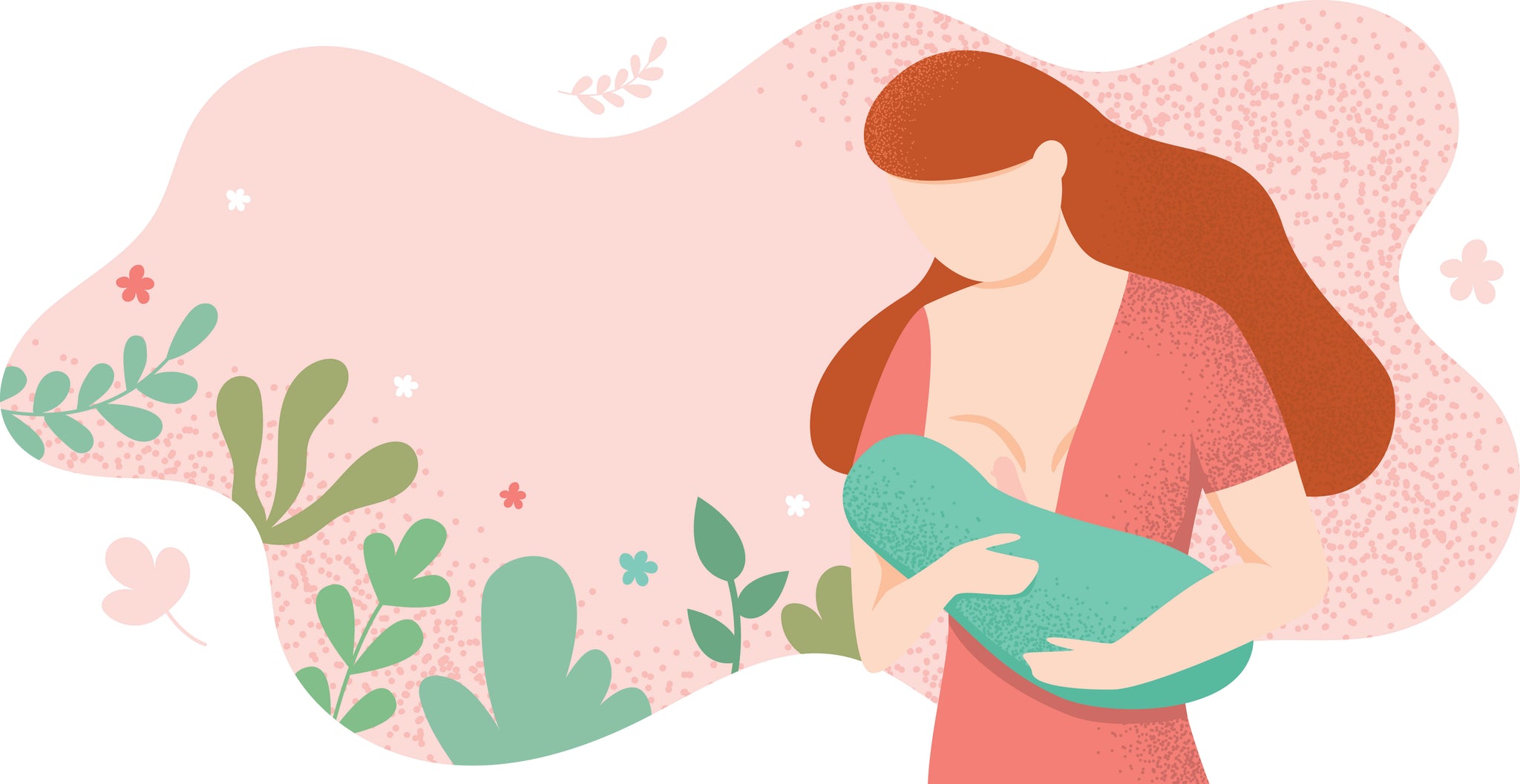Lactation Expert’s DIET TIPS for Breastfeeding Mothers
Have you delivered your first baby and are you breastfeeding her? If so, I am sure you must be having a lot of doubts about your diet like what to eat, what not to eat, and how much to eat. You are sure to get the answers to all your questions here.

What to eat
-
Include plenty of fruits and vegetables
Your body needs lots of vitamins and minerals to increase milk production and to keep you and your baby healthy. Most fruits are good sources of vitamins. Moreover, they are rich in fibre. Fibre is essential for digestion and helping your body to absorb the nutrients from the food you eat. Vegetables are rich in many nutrients including vitamins and minerals like potassium. Fruits and vegetables are also rich in antioxidants that keep free radicals away. So, you should include at least two bowls of vegetables and fruits in your diet.
-
Make sure your diet contains lean protein
Your body makes many amino acids on its own but there are a few amino acids that are not manufactured in your body. Lean protein contains nine amino acids not made in your body. Foods that are rich in lean protein are eggs, lean meat, yogurt, soy, cheese, and chicken. You can include 2-3 servings of lean protein but you should not exceed the limits because excessive protein may get stored as fat. -
Your body needs iron
The iron content in your body becomes diluted during pregnancy and breastfeeding. So, you must take iron-rich foods like green leafy vegetables, drumsticks, dried fruits, seafood, egg yolks, peas, and liver. Iron intake is important because it is responsible for the transportation of oxygen, production of white blood cells, energy boost, and cell respiration. -
Replace the lost bone mass with calcium
It is common for women to lose 3-5% bone mass during breastfeeding because the calcium stored in their body is used. However, the lost bone mass will be replaced in six months after weaning your baby. To help your body produce calcium and to avoid the risk of osteoporosis, you should take calcium-rich foods like broccoli, milk, liver, tomatoes, tofu, soy milk, and green leafy vegetables. -
Go for good fats
It is generally believed all fats are bad and they will increase your cholesterol levels and waistline. This is not true. The truth is that not all fats are bad. Good fats have a lot of benefits. They lower LDL cholesterol and increase HDL. They also reduce triglycerides and lower the risks of heart diseases and stroke. Eating good fat during breastfeeding provides you with the essential nutrients and omega fatty acids. Foods that contain good fats include walnuts, almonds, peanuts, avocados, olives, and peanut butter. -
Let the whole grains find a place in your diet
Whole grains are a good source of carbohydrates and many other vital nutrients. Brown rice, oatmeal, millets, barley, and whole-wheat products are to be included in your diet. Whole grains help in increasing milk supply. -
Keep your body hydrated
Your body needs more water when you are breastfeeding your baby. If you don’t drink enough water, you will become dehydrated and you will feel tired and may get urinary tract infections. Moreover, your body will start to draw water from joints, muscles, and blood. This will lead to more complications and will definitely affect your milk supply.
What not to eat?
- Limit your caffeine intake.
- Avoid processed foods as they contain preservatives and chemical additives.
- Spicy foods can make your baby colicky and gassy. So cut back on spicy foods.
- Don’t go for sugary drinks and sodas.
- Limit the intake of gaseous foods like lentils, cabbage, and beans.
How much to eat?
Breastfeeding women need more calories than other women. They need 450-500 calories more. The extra calories are not the same for all moms. It depends upon the frequency of breastfeeding, the activities of the mother, fat stores, etc. To get the extra calories, go for nutrient-rich foods. This will ensure that you don’t gain a lot of weight. Be wise with your choices of food. Above all, listen to your body. Don’t ignore hunger, fearing weight gain. You will lose weight gradually after weaning your baby.
Is your baby allergic to something in your diet?
It is very rare for your baby to be allergic to something in your diet but you should watch for a few symptoms. The symptoms are
- Abnormal crying and extreme fussiness
- Loose stools
- Vomiting
- Wheezing
- Eczema
If you observe these symptoms after breastfeeding, consult your paediatrician.

